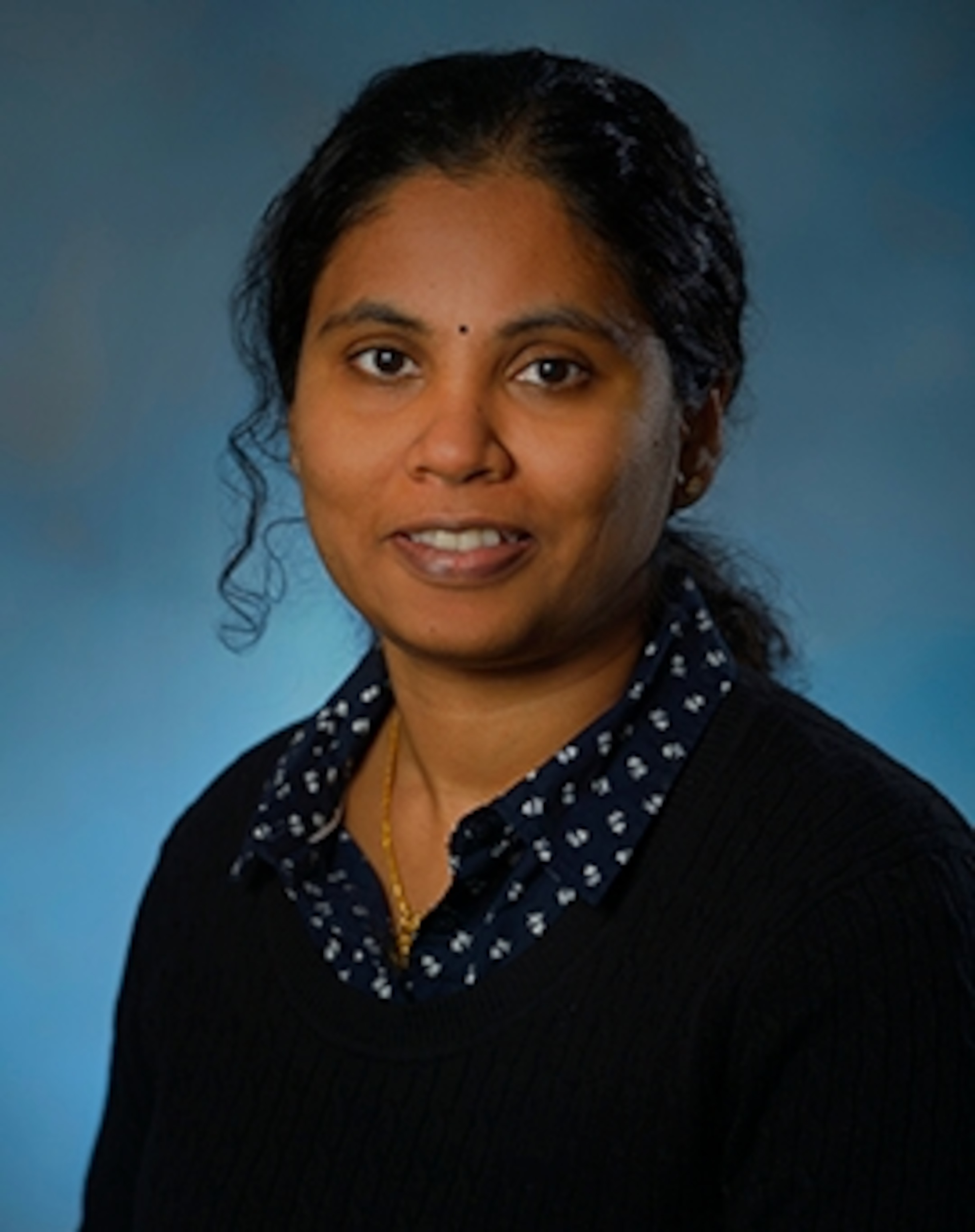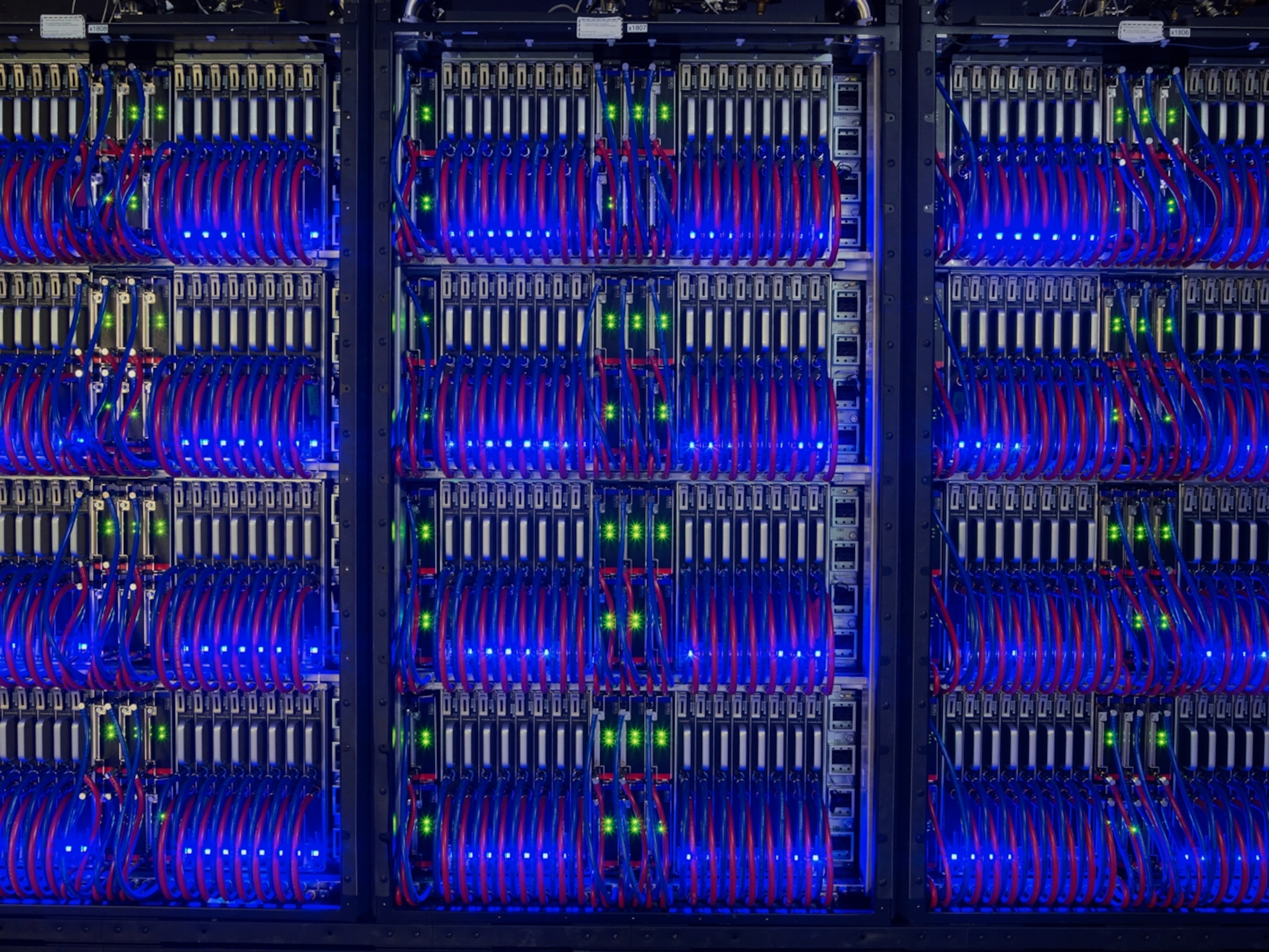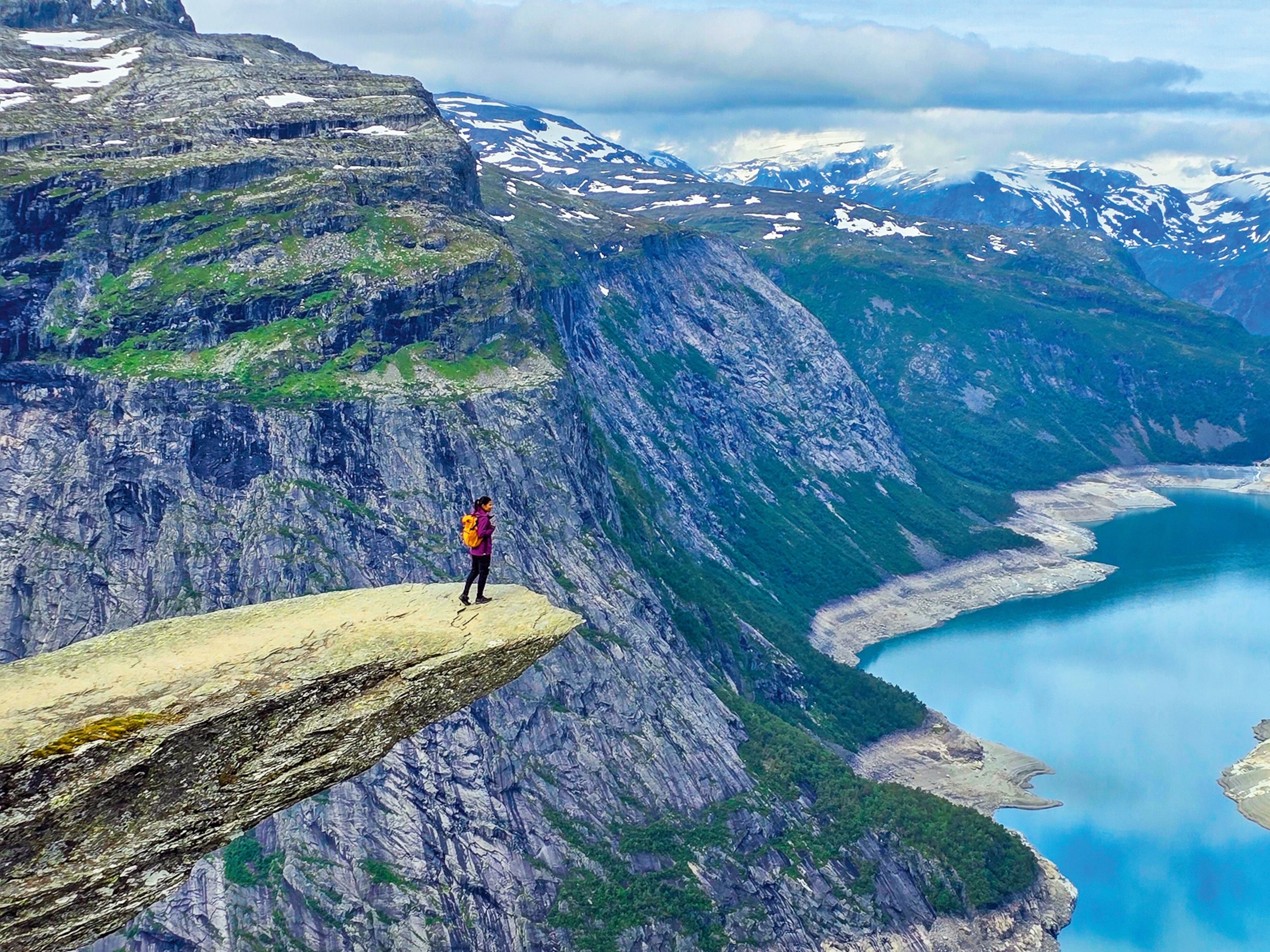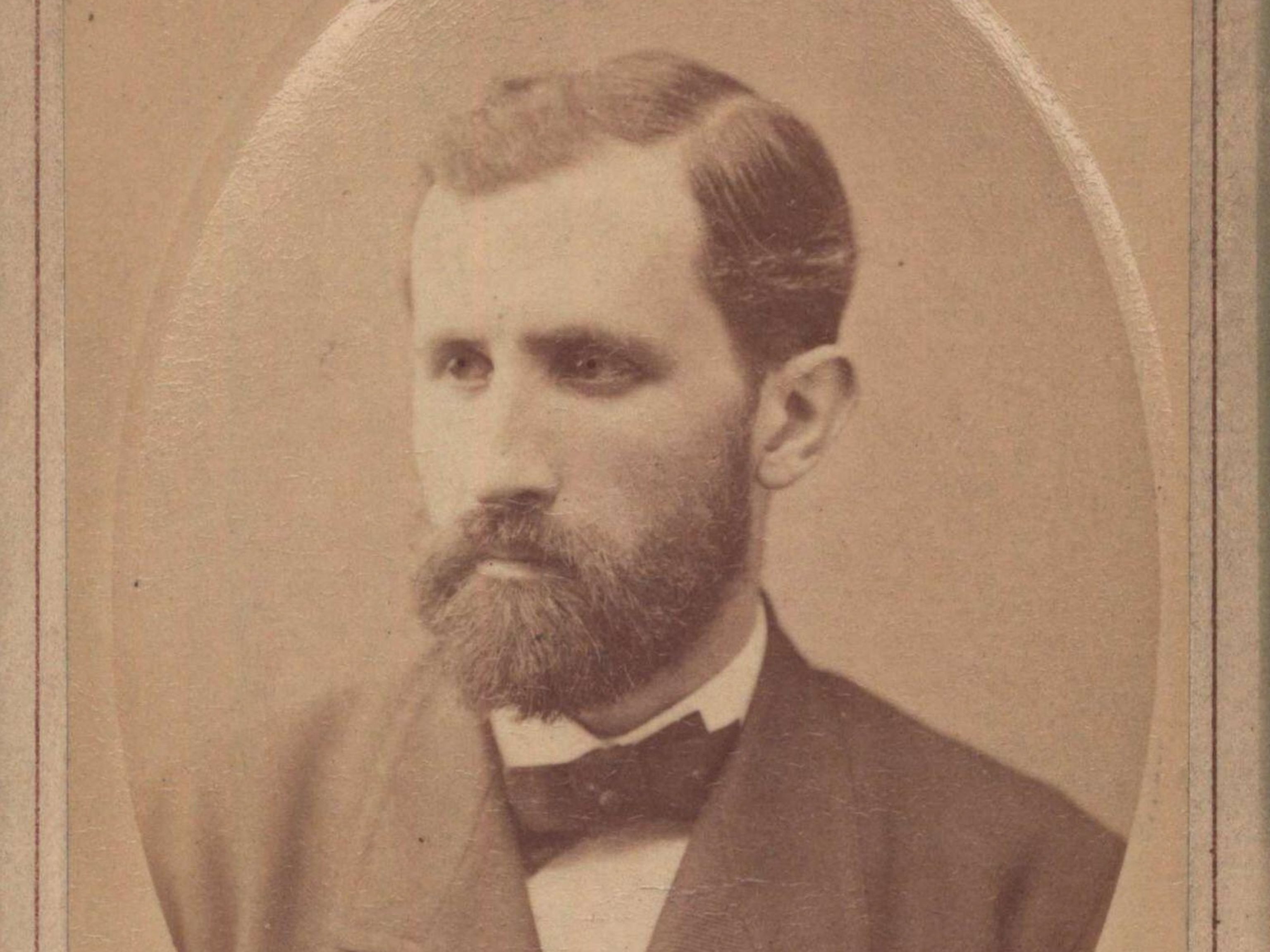
Find Out Which Idea Rose to the Top in National Geographic's CHASING GENIUS Challenge
Asha Gummadi wants to help more people get the right physical therapy using mobile devices.
Inspired by her mother and grandfather, a Philadelphia woman who is trying to bridge language barriers in physical therapy by using mobile technology is the latest winner in National Geographic's CHASING GENIUS challenge.
Asha Gummadi's smartphone app helps doctors prescribe virtual physical therapy to patients in developing countries. The Philadelphia-based neurological physical therapist collected the most audience votes with her video submission, Empowering Tele Rehabilitation with Digital Connectivity. She won a $25,000 prize to take her vision further.

With her service, Therex Portal, Gummadi hopes to help those who might not have access to rehab clinics or to nearby physical therapists who speak the same language. The idea came when Gummadi's mother was prescribed a particular type of physical therapy, yet had no nearby therapists to take her through it or explain it in her language.
"It is a great honor to be selected as the winner," Gummadi said Wednesday. "I would like to thank every person who voted for me." Gummadi says she plans to use the prize to develop her application further, adding multiple languages and voiceover instructions for exercises.
During the UNLIMITED INNOVATION challenge, National Geographic's CHASING GENIUS invited people to share their breakthrough ideas for using connectivity to improve our world. The submissions flooded in, proposing ways to use phones and data to tackle health issues, enhance social ties, and increase public safety, among other efforts.

Ten finalists made the cut for a voting period, during which thousands of people nominated their favorites. The compelling ideas included a system to detect contaminants in water, a method to detect landmines using thermal imaging, and a virtual reality game for kids with autism.
"It’s inspiring to see the boldness of ideas that have emerged from innovators of all kinds of backgrounds, from nurses and teachers to PhD students," says Albert Lin, a National Geographic Explorer and member of the CHASING GENIUS Council that helped determine the winner.
Since the CHASING GENIUS platform launched last spring, the community has grown to 35,000 members. In the last challenge, the winners included efforts to expand vision correction in the developing world and to create sustainable, kelp-based textiles. (Read about the effort to use data to help farmers in India.)
"It's this incredible human characteristic of imagining new realities and then manifesting them into reality," Lin says. "This is our superpower, and it’s needed more now than ever."
National Geographic plans to do more challenges in the future. Go to natgeochasinggenius.com to join the community and learn about upcoming activities and future challenges.




